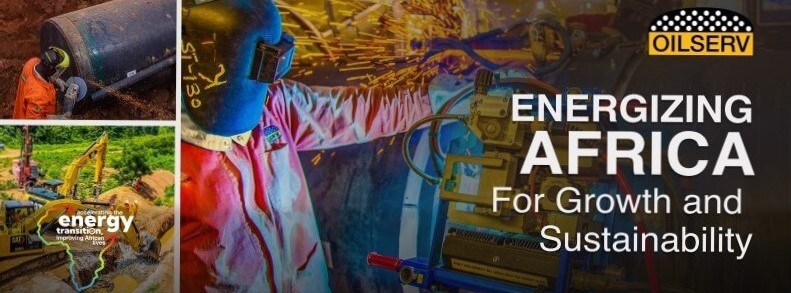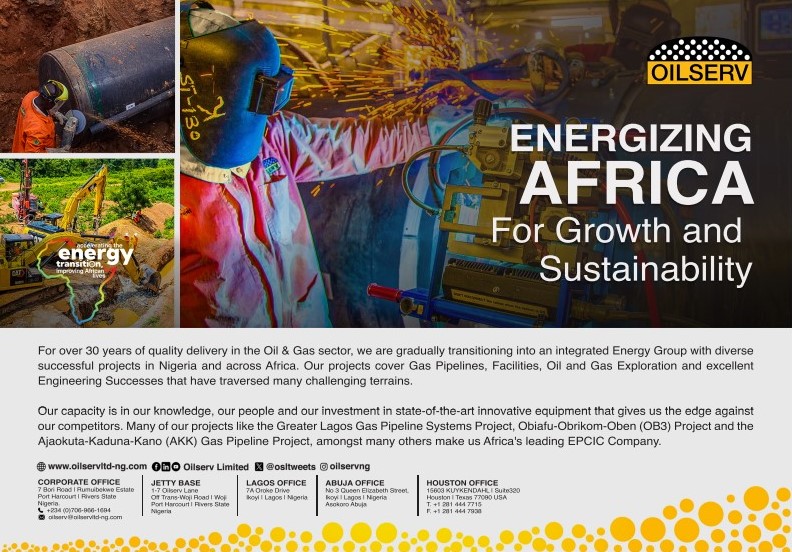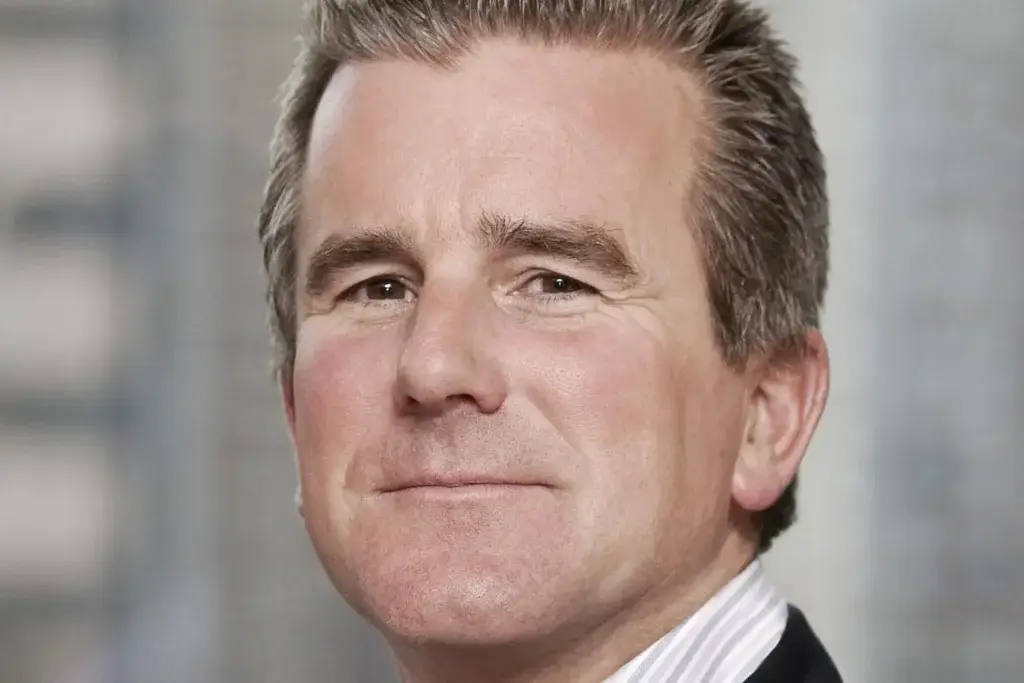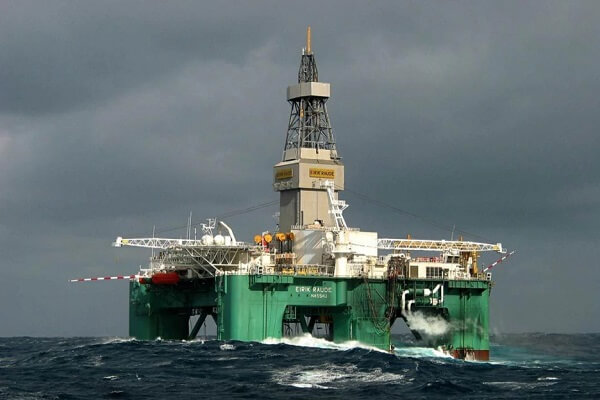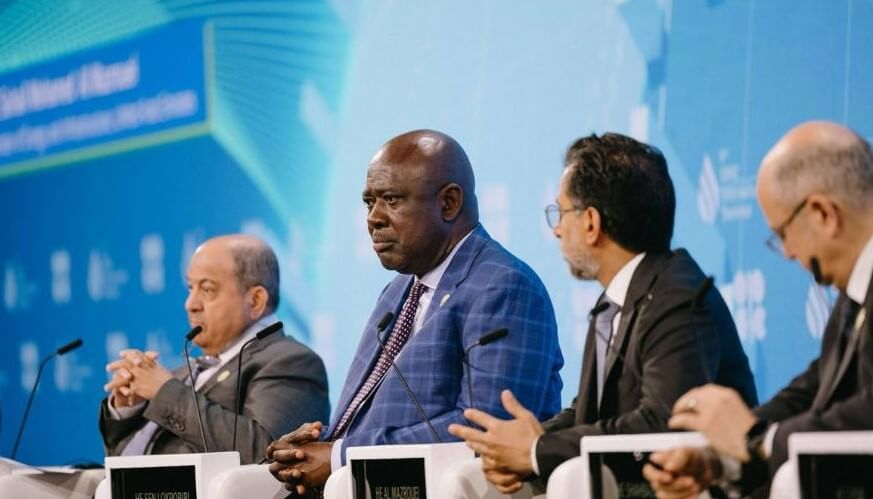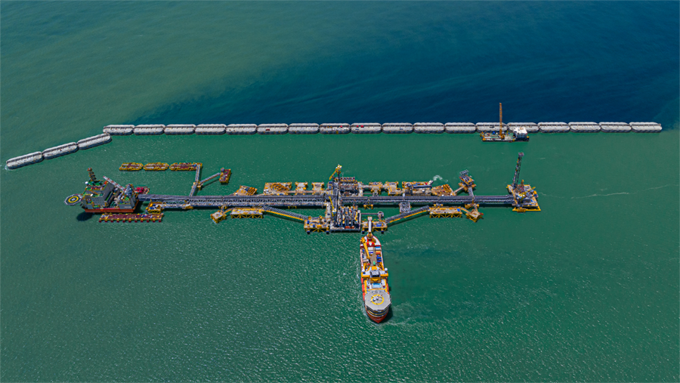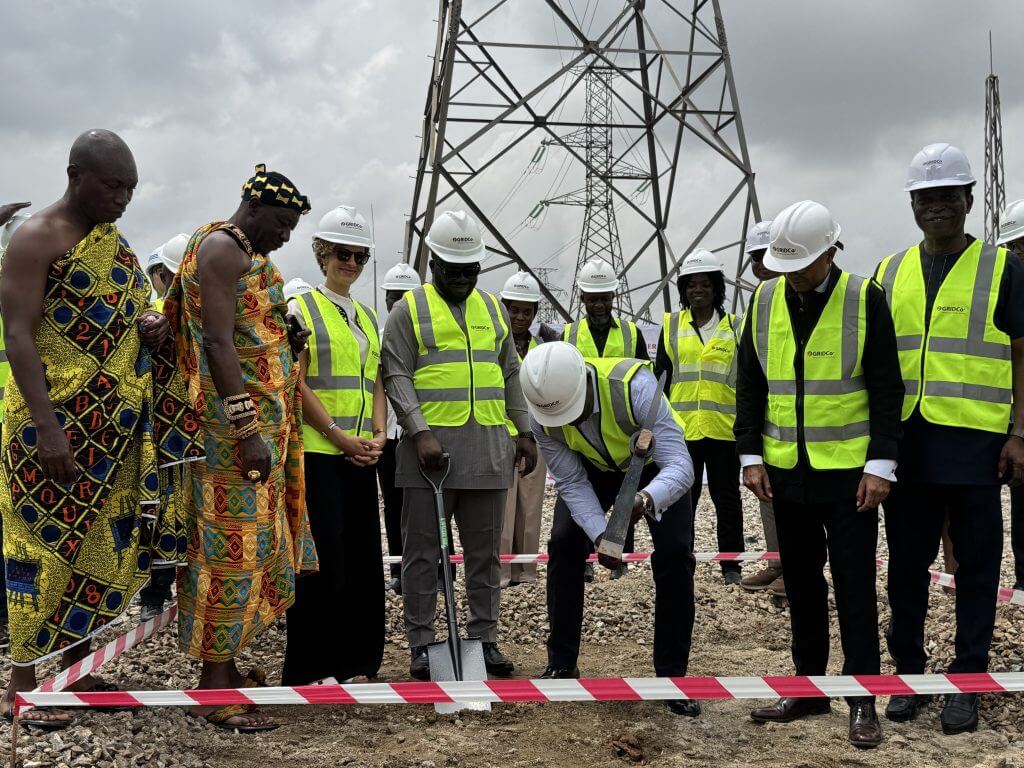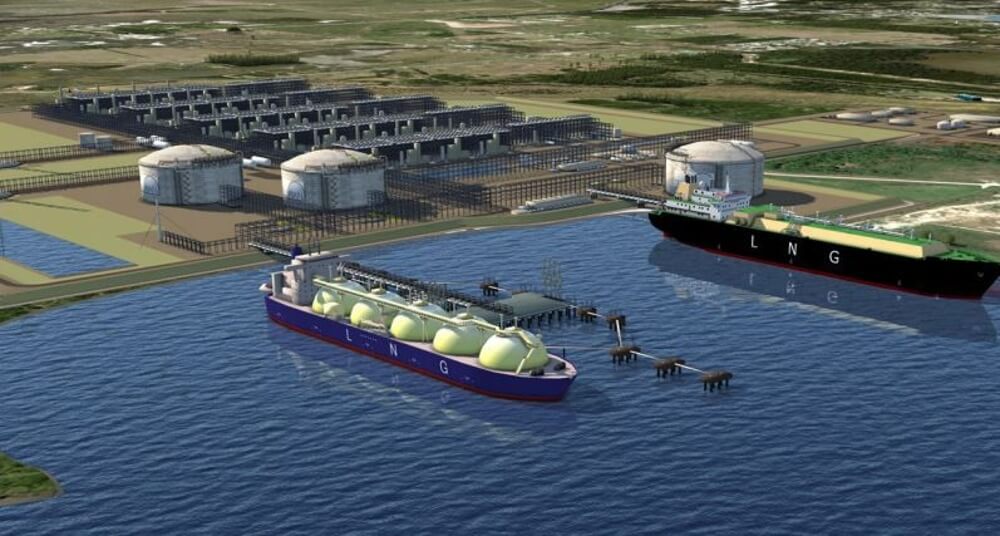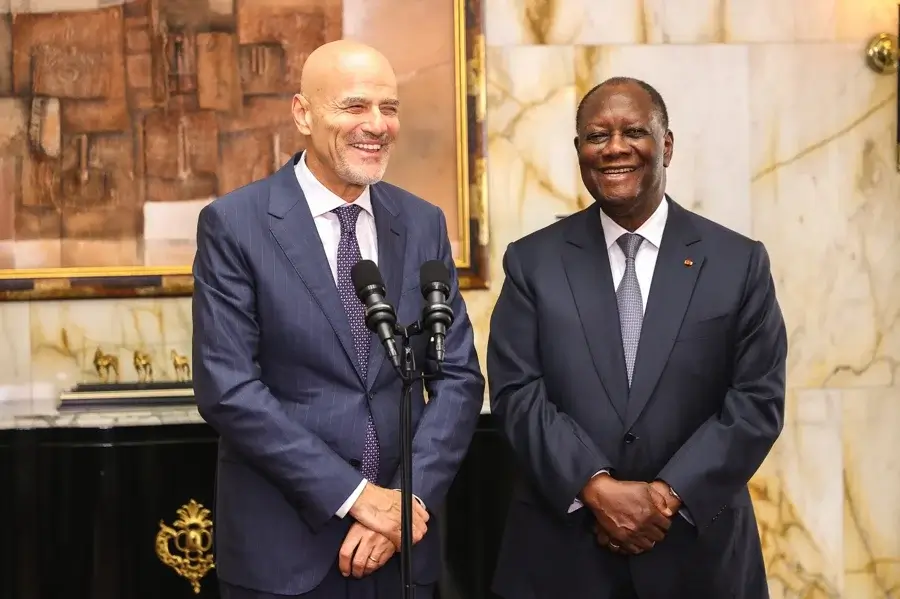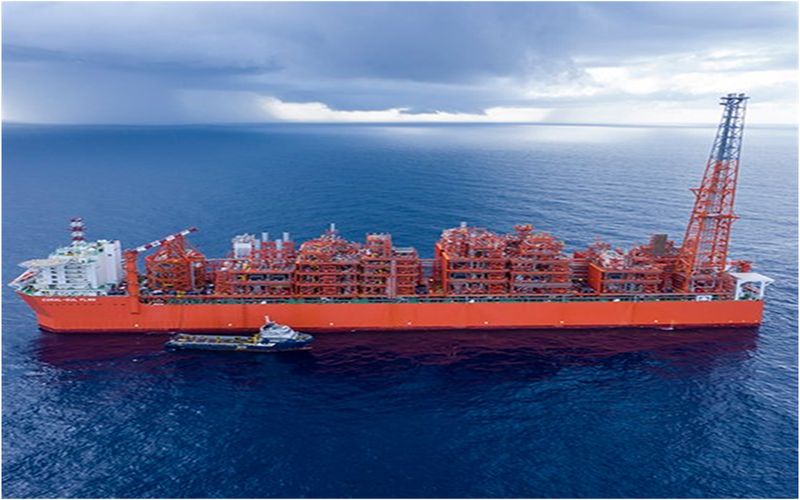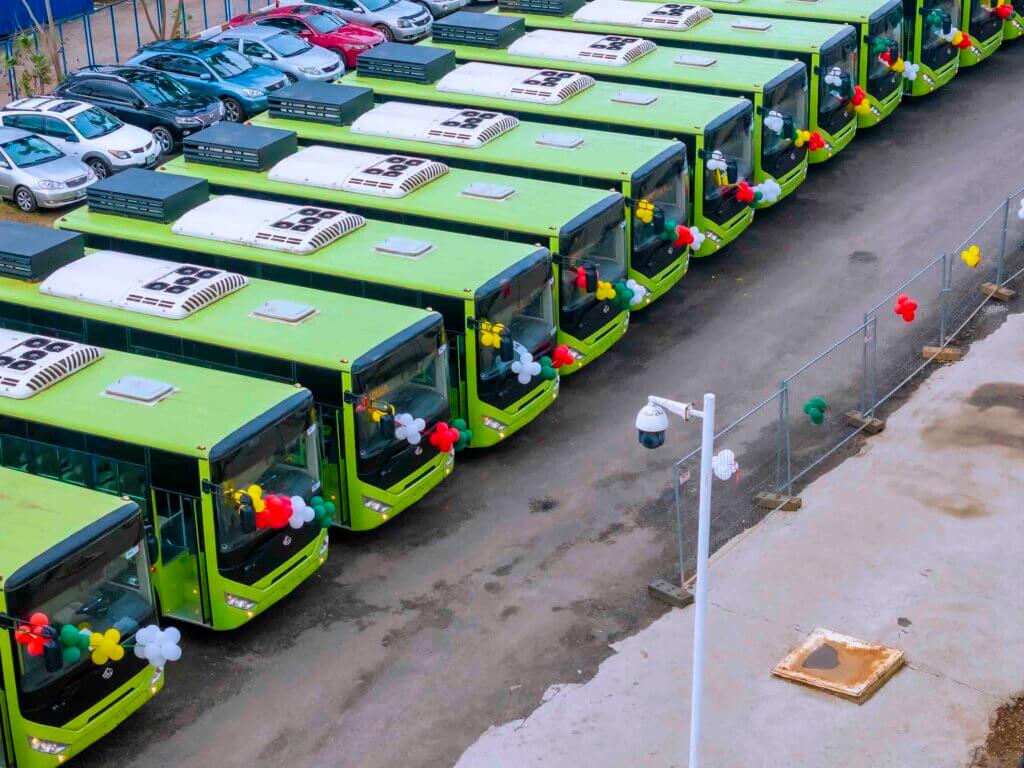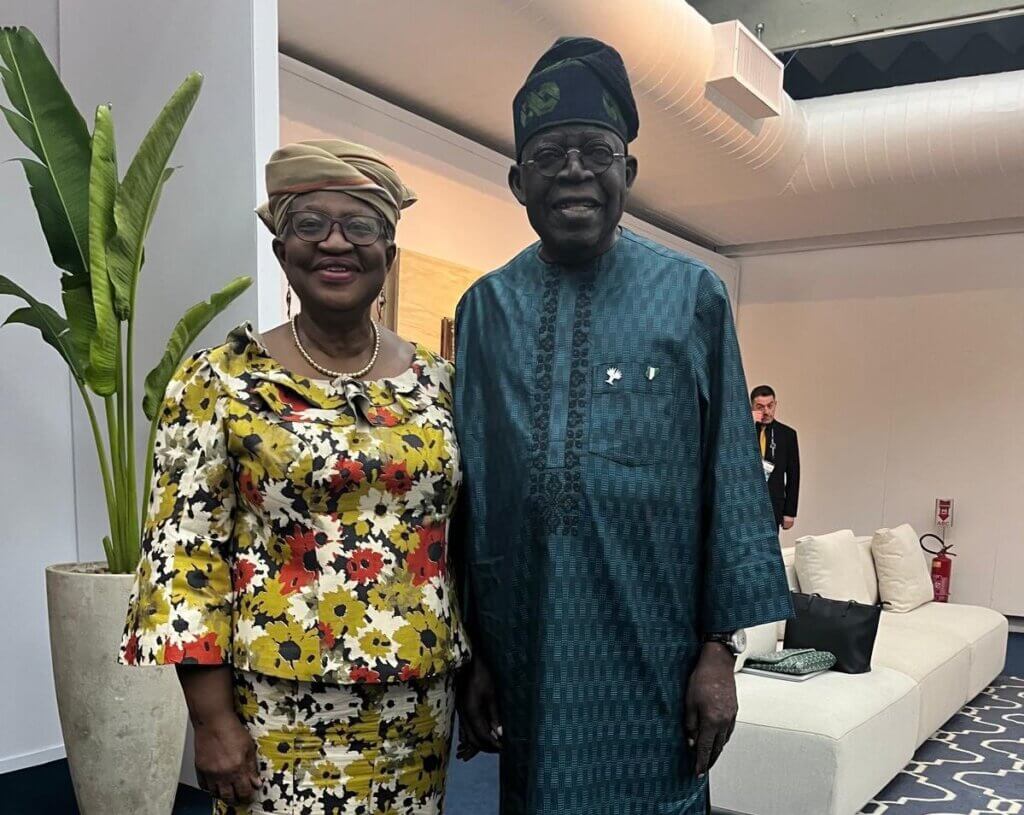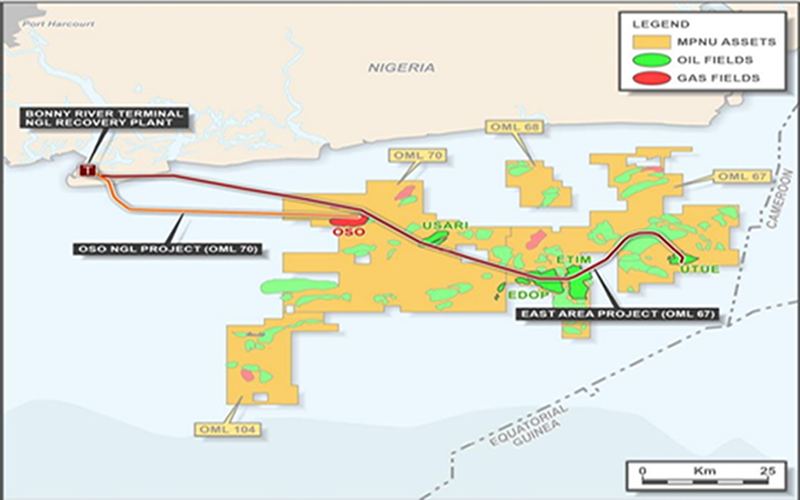
The caveat imposed by the Nigeria Federal Government on acquisition of ExxonMobil shallow oil wells by Seplat Energy is still a source of concerns to stakeholders. But Exxon Mobil and Seplat are still optimistic to get Nigerian government approval to allow the stalled sale of its shallow water oil production operations in the West African country, a top ExxonMobil executive told Reuters.
The largest U.S. oil company will keep its deep-water assets in Nigeria despite a change in the government’s leadership, ExxonMobil Global Upstream President Liam Mallon said ahead of the CERAweek energy conference by S&PGlobal in Houston that was held in March 2023.
Nigeria last year lost its position as Africa’s top oil producer as major producers like Shell and Total Energies have sold assets and exited the country amid widespread corruption and security issues.
Exxon one year ago disclosed plans to sell its $1.2 billion in shallow-water assets in Nigeria. But the government in August withheld its initial approval without providing an explanation.
In the February 25 2023 Nigerian Presidential Election, President-elect Bola Tinubu of the ruling All Progressives Congress (APC) party was declared winner by the country’s electoral umpire in an election was believed to be flawed by independent observers and which is currently being challenge by political opponents due to logistical failures that dramatically reduced turnout and irregularities in uploading the results to the IREV portal.
Exxon’s buyer for the shallow water properties, Nigeria’s Seplat Energy Plc, had recently disclosed positive reservations that it was working with the present government headed by Mr. Mohammadu Buhari to get the deal approved before the new president is sworn in May 29, 2023.
The country “remains a challenging place to work in,” Mallon said. ExxonMobil made “a clear commitment” to stay in Nigeria through its deep-water operations, but future investments will be subject to market conditions.
“We are not leaving,” Mallon said. “The deep water in Nigeria remains an attractive opportunity, but it has to compete with other opportunities around the world.”

Major oil producers have been reducing crude production in West Africa and shifting investments to lower-carbon natural gas development on the continent, and to more lucrative projects in the Americas.
Exxon declares force majeure on crude liftings in Nigeria
Exxon Mobil has declared force majeure on oil liftings from different terminals in the country
following industrial action by the company’s in-house workers union, the company said on Monday in a statement.
Nigeria is trying to lift production to 1.6 million barrels per day (bpd), recovering its long time position as the largest African producer of the Organization of the Petroleum Exporting Countries (OPEC).
In the third quarter last year, production in Nigeria fell behind Angola to about 1 million bpd as companies like Shell PLC and TotalEnergies exited the country amid widespread corruption and security issues.
Nigeria produced 1.38 million bpd in February, according to OPEC’s latest report.
“We will continue to take all reasonable actions necessary to resolve the impasse as soon as possible,” Exxon spokesperson Michelle Gray said in a statement.



